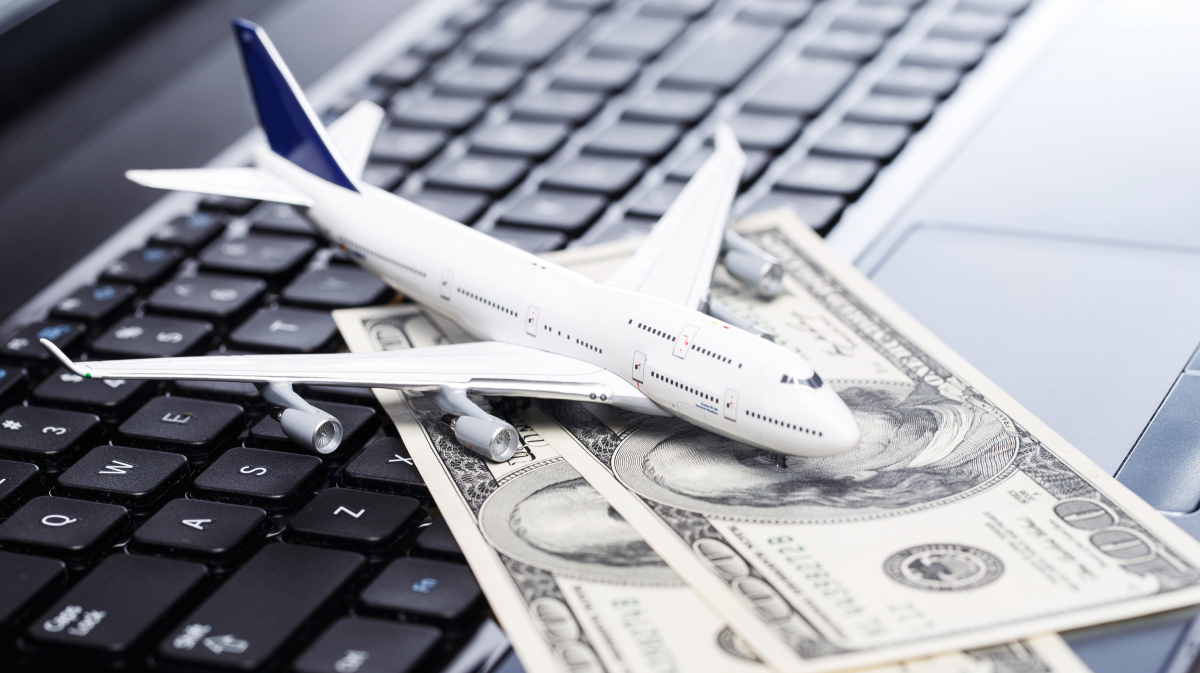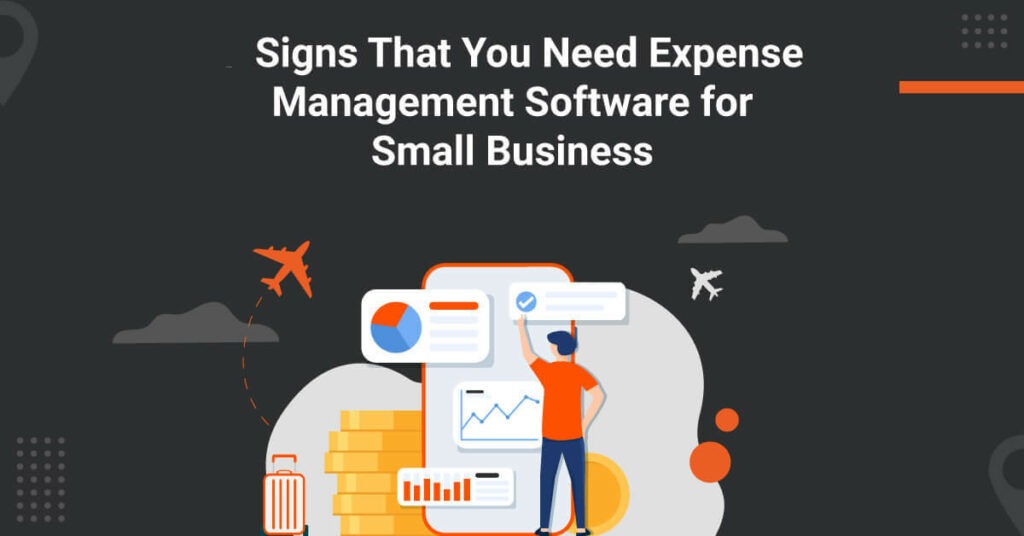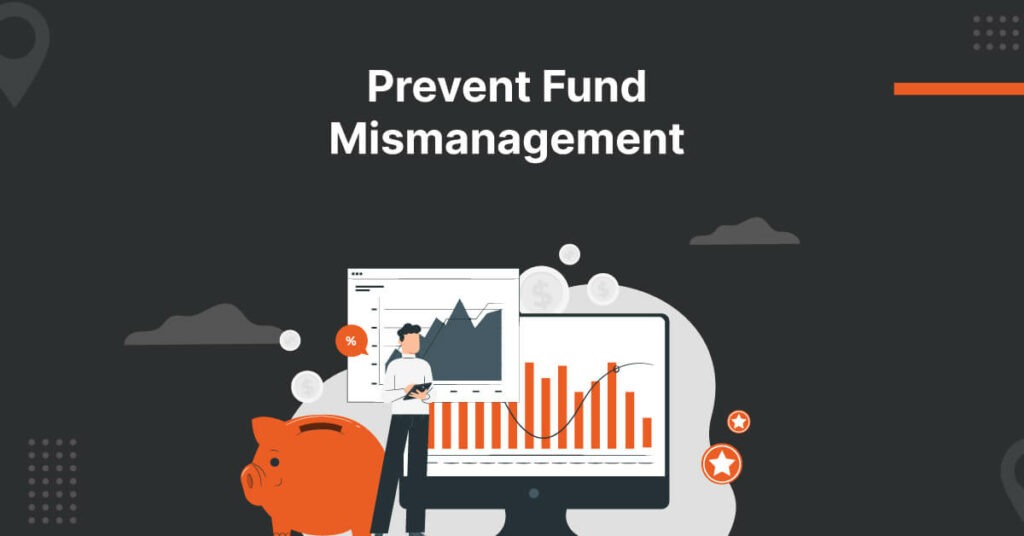
Corporate cars are essential for businesses as they provide effective transportation for various operational requirements such as client meetings, sales activities, product deliveries, and employee commuting. Ultimately, these cars streamline business operations and enable smooth workforce mobility.
However, controlling expenses related to corporate cars is a vital part of efficient business budgeting. Using travel management software can greatly assist in reaching these cost-cutting objectives. Here are 8 methods that you can employ to reduce corporate travel costs:
Route Optimization for Efficiency
Route optimization is a process where travel management software utilizes algorithms and real-time data to determine the most efficient routes for corporate vehicles. This involves considering factors such as distance, traffic conditions, road closures, speed limits, and other variables. These routes are more cost-effective than others from the starting point to the destination.
By avoiding unnecessary detours or longer routes, companies can minimize overall mileage traveled. Moreover, reduced mileage means less wear and tear on vehicles, resulting in lower maintenance and repair expenses over time.
Geo-Fencing for Effective Usage
Geo-fencing is a location-based technology that allows you to define virtual boundaries or geographic zones on a digital map. These virtual boundaries are created using GPS coordinates and can be customized to any shape or size, such as a specific area around an office, a city, or a designated route.
When a vehicle equipped with GPS tracking or travel management software enters or exits these predefined boundaries, the software sends alerts to managers. By setting up geo-fences around specific areas, companies can prevent employees from using corporate vehicles for personal purposes. As a result, they can minimize unnecessary mileage and fuel consumption.
Maintenance Reminders for Vehicle Health
Automated maintenance reminders are a feature of travel management software that helps organizations keep track of their vehicle maintenance schedules. The software employs pre-set time intervals or specific mileage markers to activate notifications when vehicles require routine upkeep like oil changes, tire rotations, inspections, and other vital maintenance duties.
Scheduled maintenance helps catch minor issues before they escalate into major problems. Addressing these problems early on can prevent expensive repairs and breakdowns that could disrupt operations.
Moreover, consistent maintenance increases the longevity of vehicles, allowing businesses to make the most out of their investments in corporate travel costs.
Usage Analytics for Informed Decisions
Usage analytics within the corporate travel management software involves the collection, analysis, and interpretation of data related to the usage patterns of corporate vehicles. This data checks various aspects such as travel frequency, distance traveled, destinations, vehicle types used, and more.
Usage analytics provide a clear picture of the actual demand for vehicles. By analyzing travel patterns, organizations can right-size their fleet, ensuring they have enough vehicles to meet demand without any excess cards.
Further, analytics help allocate vehicles more efficiently by identifying peak usage times, high-demand locations, and preferred vehicle types. All these factors decrease the overall corporate travel cost.
Expense Tracking for Transparency
Expense tracking in travel management software involves recording and monitoring corporate travel costs. This includes various components such as fuel expenses, maintenance costs, parking fees, and any other expenses incurred during business-related trips.
By consolidating expenses in one platform, organizations gain a clear and transparent view of the total cost of each trip, enabling better financial planning and budgeting. Having a complete breakdown of expenses enables informed decision-making regarding travel strategies, vehicle selection, and cost-saving measures.
Vendor Negotiations Using Data
Negotiating with vendors, such as fuel providers and car rental companies, can be significantly enhanced by leveraging the data collected and analyzed through your travel management software. This data-driven approach provides valuable insights that can strengthen your negotiation position and lead to more favorable terms and rates.
By presenting accurate usage metrics, you can demonstrate the volume of business you bring to the vendor, which can make them more willing to offer competitive rates to retain your business. The data can also highlight your specific needs, such as preferred fuel stations or car types. Consequently, vendors might be willing to offer tailored solutions that align with your preferences in exchange for your continued business.
Fuel Management with Integrated Fuel Cards
Integrating fuel cards with your travel management software creates a seamless system for tracking and managing fuel expenses associated with corporate car travel. Fuel cards act as a means of payment for fuel purchases, while the software captures and analyzes data related to fuel expenses and consumption.
When fuel cards are integrated with the software, each fuel transaction is automatically recorded and categorized, eliminating the need for manual entry of fuel expenses. By capturing data on fuel purchases and odometer readings, the software provides accurate information on fuel consumption for each trip or vehicle.
Integration with fuel cards helps prevent fuel fraud, as transactions are directly linked to specific vehicles or drivers, reducing the chances of unauthorized or non-business-related fuel purchases. Plus, by comparing expected fuel consumption with actual data, the software can flag anomalies that might indicate issues such as fuel theft or inefficient driving habits.
Promoting Driver Accountability for Cost-Effective Corporate Car Usage
Encouraging drivers to adopt fuel-efficient practices is a cornerstone of cost-effective corporate car usage. By following these practices, drivers can minimize fuel consumption and contribute to overall cost reduction:
- Smooth Driving: Gentle acceleration, gradual braking, and maintaining a consistent speed can optimize fuel efficiency.
- Avoiding Excessive Idling: Engines consume fuel even when idling. Encourage drivers to turn off the engine when parked for extended periods.
- Proper Tire Maintenance: Underinflated tires increase rolling resistance and reduce fuel efficiency. Regularly checking and maintaining tire pressure is essential.
- Reducing Air Conditioning Use: Excessive use of air conditioning can lead to higher fuel consumption. Encourage drivers to use it judiciously.
Use ITILITE to Book Car Rentals from Anywhere
ITILITE offers the convenient capability of booking car rentals from virtually any location, providing a practical alternative that businesses can consider, thereby eliminating the necessity of maintaining an entire car fleet.
The flexibility offered by our car rental booking option is invaluable. Businesses often experience fluctuations in travel requirements, whether due to seasonal demands, varying project locations, or changing client needs. By accessing car rentals as needed, companies can adapt to these dynamic scenarios without being worried about an excessive fleet that might be underutilized during certain periods.
To know more about the benefits, book a demo with us today.












